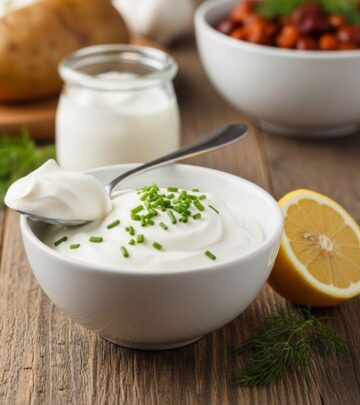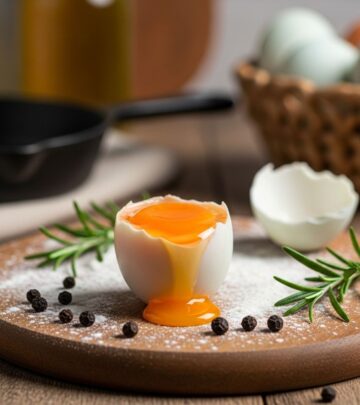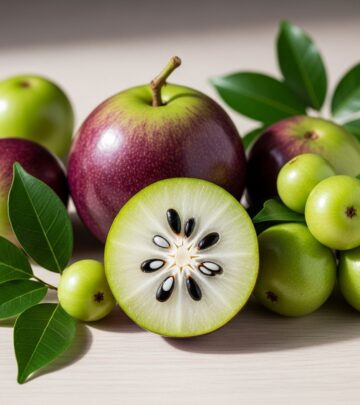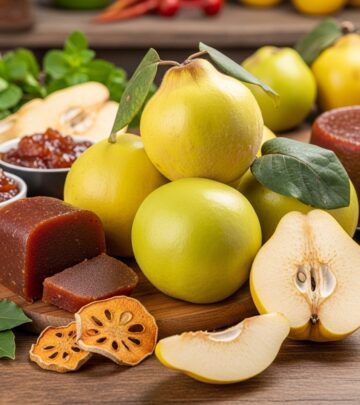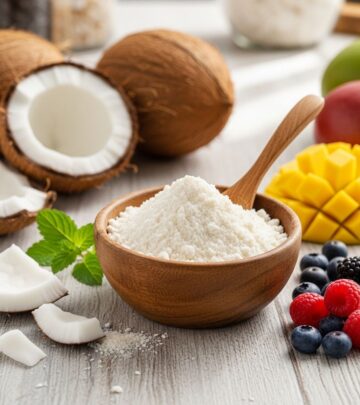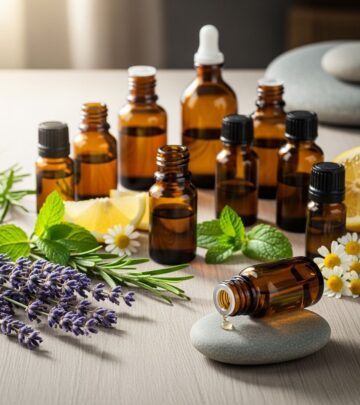15 Effective Home Remedies For Oral Thrush: Natural Relief And Care
Soothe mouth soreness and reestablish healthy flora with simple, natural pantry staples.
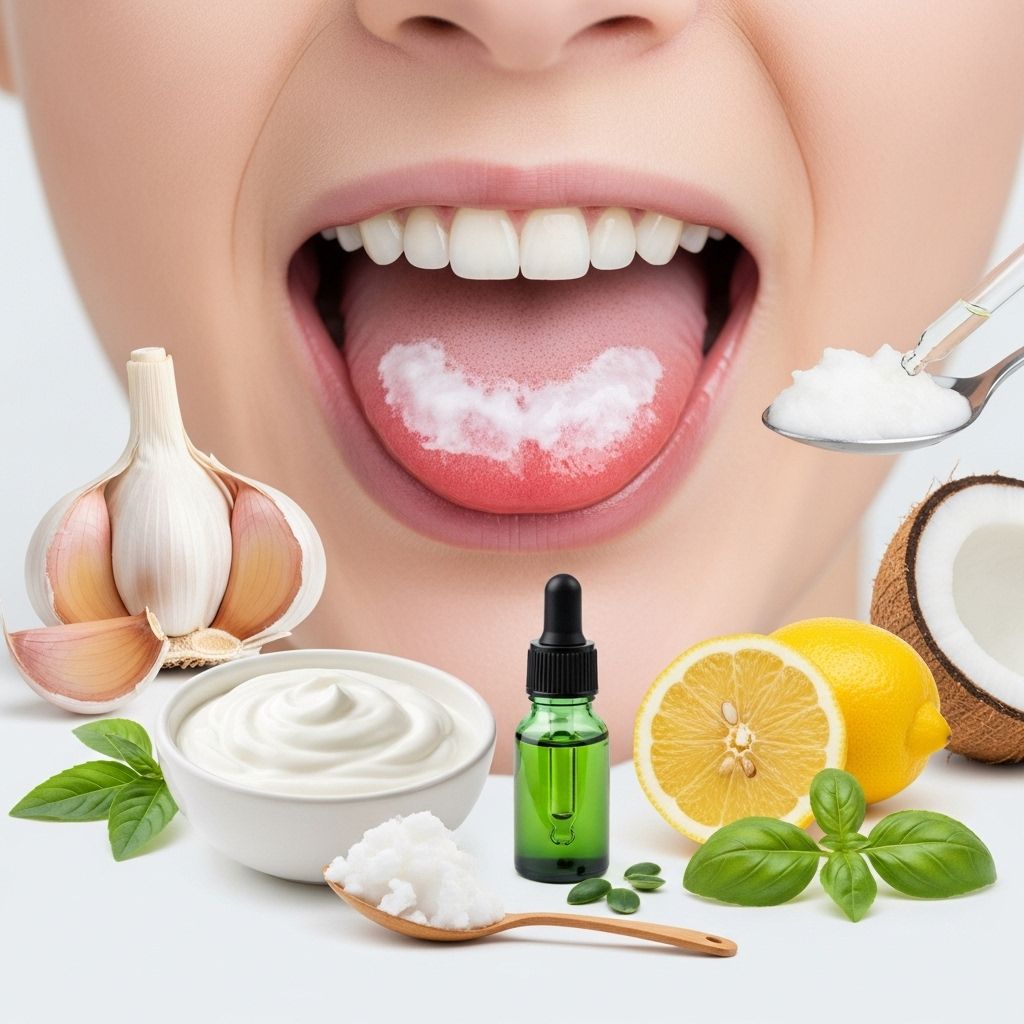
Oral thrush, also known as oral candidiasis, is a common fungal infection characterized by white patches on the tongue, cheeks, or lining of the mouth. While antifungal medications may be needed in severe cases, many people find relief using natural home remedies that can help control symptoms and prevent recurrence. This guide explores the most effective home remedies for oral thrush, practical prevention strategies, and answers to common questions.
Understanding Oral Thrush: Causes And Symptoms
Oral thrush is caused by an overgrowth of the fungus Candida albicans. Normally, this organism lives harmlessly in your mouth and digestive tract. However, factors like weakened immunity, antibiotic use, diabetes, dentures, or dry mouth can upset the natural balance, allowing Candida to multiply.
- Common Symptoms:
- White, creamy lesions on the tongue, inner cheeks, gum, or tonsils
- Redness or soreness that may cause discomfort while eating or swallowing
- Cracking at the corners of the mouth
- Loss of taste
- A coton-like feeling in the mouth
Why Choose Home Remedies For Oral Thrush?
While prescription antifungal medications are sometimes necessary, mild cases and symptom relief can often be managed naturally. Home remedies typically focus on restoring a healthy balance of bacteria and yeast, enhancing immune function, and soothing oral tissues.
- Low cost and ease of use
- Accessible ingredients often found at home
- Reduced risk of side effects compared to strong medications
How To Treat Oral Thrush Naturally: 15 Proven Remedies
1. Apple Cider Vinegar
Apple cider vinegar is noted for its antifungal and antimicrobial properties. It can help restore healthy pH balance in the mouth and may inhibit the growth of Candida fungi.
- Mix 1 tablespoon of raw, unfiltered apple cider vinegar in a glass of warm water.
- Add a little honey if desired for flavor.
- Sip slowly or use as a mouth rinse, twice daily.
Note: Apple cider vinegar is acidic; always dilute before using to avoid irritation.
2. Coconut Oil Pulling
Renowned for its antifungal and anti-inflammatory action, coconut oil can help diminish fungal overgrowth in the mouth.
- Take 1 tablespoon of organic coconut oil and swish it in your mouth for 10–15 minutes.
- Do not swallow; spit it out and rinse your mouth thoroughly.
- Repeat daily, ideally in the morning before eating.
3. Yogurt
Plain, unsweetened yogurt contains probiotics (live beneficial bacteria) which may help restore the mouth and gut’s natural microbial balance and potentially inhibit Candida overgrowth.
- Hold a tablespoon of yogurt in your mouth for several minutes, then swallow.
- Do this up to three times a day.
- Incorporate yogurt into your diet for overall digestive and immune health.
4. Baking Soda Rinse
Baking soda (sodium bicarbonate) has antifungal properties. Rinsing your mouth can help neutralize acids and reduce fungal presence.
- Dissolve 1/2 tablespoon of baking soda in one glass of water.
- Use as a mouth rinse two to three times daily.
5. Essential Oils
Pure essential oils like tea tree oil and peppermint oil possess antimicrobial and antifungal properties that may help eliminate Candida.
- For tea tree: Mix 2 drops in a small glass of water. Swish for 30–60 seconds, then spit out.
- For peppermint: Mix 2–3 drops in water and use as a rinse.
- Repeat up to 4–5 times a day. Do not swallow essential oils.
Note: Only use essential oils specified for oral or food use, and never use undiluted oils in the mouth.
6. Garlic
Garlic contains allicin with powerful antifungal, antiviral, and antibiotic actions. Raw garlic may disrupt fungal cell growth.
- Chew one clove of raw garlic for 2–3 minutes, then swallow.
- Repeat up to three times daily.
7. Salt Water Rinse
Salt is a natural antiseptic. A simple salt water rinse may reduce oral thrush discomfort and promote healing.
- Mix 1/2 tablespoon of salt in a glass of lukewarm water.
- Swish in the mouth for 30 seconds several times a day.
8. Cranberry Juice
Unsweetened cranberry juice is acidic and contains proanthocyanidins, which may prevent yeast from adhering to oral surfaces.
- Drink one cup of unsweetened cranberry juice once or twice daily.
Choose unsweetened versions, as sugar can worsen Candida overgrowth.
9. Lemon Juice
Lemon juice has notable antifungal properties and may help discourage fungal growth in the oral cavity.
- Squeeze half a lemon into a glass of water, add honey and ginger for flavor if desired.
- Drink immediately, twice or thrice daily.
10. Turmeric (Golden Milk)
Turmeric contains curcumin, a compound with antifungal and anti-inflammatory effects. Using turmeric, especially when combined with black pepper, can enhance your body’s natural defenses.
- Mix 1/4 to 1/2 teaspoon turmeric paste with a pinch of black pepper and one cup warm water or milk of choice.
- Swish and then swallow as desired.
11. Clove Oil
Clove oil (containing eugenol) has been used in dentistry to fight oral infections. It may aid in alleviating oral thrush symptoms.
- Add 1–2 drops clove oil to a glass of water; use as a wash without swallowing.
- Alternatively, use clove-based mouth rinses as directed.
12. Oregano Oil
Oregano oil contains carvacrol and thymol, potent antifungal compounds.
- Dilute a few drops in a carrier oil or water; swish and spit out.
- Never use undiluted oregano oil orally.
13. Vitamin C
Vitamin C supports immune function. It may help your body fight off fungal infections more efficiently.
- Eat vitamin C-rich foods (citrus, bell peppers, strawberries) or take a supplement as recommended.
14. Good Oral Hygiene Practices
- Brush your teeth twice a day and floss daily.
- Replace your toothbrush regularly, and sterilize dental appliances.
- Rinse your mouth after using corticosteroid inhalers.
15. Dietary Habits
- Reduce sugar intake, as sugary environments encourage Candida growth.
- Eat probiotic-rich foods like yogurt, kefir, and fermented vegetables.
- Drink plenty of water to prevent dry mouth.
Simple Table: Common Home Remedies Vs. Their Benefits
| Remedy | Primary Benefit | How Often To Use |
|---|---|---|
| Apple Cider Vinegar | Antifungal, restores pH | Twice daily |
| Coconut Oil | Reduces yeast load | Once daily |
| Yogurt | Replenishes probiotics | Three times daily |
| Baking Soda | Alters mouth environment, antifungal | 2–3 times daily |
| Tea Tree/Peppermint Oil | Antifungal, antimicrobial | 4–5 times daily |
| Garlic | Allicin, strong antifungal | 3 times daily |
| Salt Water | Natural antiseptic | 3 times daily |
How To Prevent Oral Thrush Naturally
- Maintain a balanced diet low in sugar and refined carbs.
- Use dental appliances correctly and keep them clean.
- Practice regular oral hygiene—brush, floss, and clean the tongue.
- If you use inhaled steroids, rinse your mouth after each dose.
- Stay hydrated to promote saliva production.
- Avoid smoking, as it increases the risk of fungal infections in the mouth.
- Consult your doctor if you have diabetes or a weakened immune system, as these increase risk.
When To See A Doctor
While mild oral thrush may respond well to home remedies, consult a healthcare professional if:
- The infection persists or worsens after one to two weeks.
- You have frequent recurrences of oral thrush.
- You experience pain or difficulty swallowing.
- You have a weak immune system or underlying medical conditions.
Frequently Asked Questions (FAQs)
Q: What is oral thrush?
A: Oral thrush is a fungal infection in the mouth caused by Candida yeast, presenting as white patches, soreness, and sometimes difficulty in swallowing.
Q: Are home remedies alone sufficient for treating oral thrush?
A: Mild cases may respond well to home remedies, but moderate to severe cases or infections that persist should be evaluated by a doctor for possible prescription antifungal treatment.
Q: Can oral thrush spread to others?
A: Yes, thrush can sometimes spread through direct contact like kissing or sharing utensils, especially in people with weakened immune systems.
Q: How long does oral thrush take to heal?
A: With proper care, mild oral thrush may clear up in a week or two. Severe or recurrent infections may require longer treatment and medical management.
Q: Can babies and infants get oral thrush?
A: Yes, it is common in infants, often appearing as white patches in the mouth. You should consult a pediatrician for diagnosis and appropriate treatment.
Key Takeaways
- Early intervention with home remedies can help relieve symptoms and prevent worsening of oral thrush.
- Maintaining good oral hygiene and balanced nutrition plays a crucial role in prevention and recovery.
- Consult your healthcare provider if symptoms persist, worsen, or if you are immunocompromised.
References
- https://www.stylecraze.com/articles/simple-home-remedies-for-oral-thrush/
- https://www.healthline.com/health/home-remedies-for-thrush
- https://health.clevelandclinic.org/thrush-the-white-stuff-growing-in-your-mouth-and-how-to-get-rid-of-it
- https://www.mdanderson.org/cancerwise/what-does-oral-thrush-look-like.h00-159617856.html
- https://www.colgate.com/en-us/oral-health/mouth-sores-and-infections/oral-thrush
- https://www.mayoclinic.org/diseases-conditions/oral-thrush/diagnosis-treatment/drc-20353539
- https://mosdenthospital.com/oral-thrush-treatment-symptoms-causes-and-best-options-for-relief/
Read full bio of medha deb

